Hydro-Air versus Cast Iron Baseboards
ben.fachner
10 years ago
Related Stories
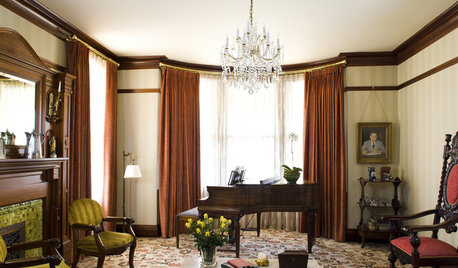
GREAT HOME PROJECTSHow to Bring Out Your Home’s Character With Trim
New project for a new year: Add moldings and baseboards to enhance architectural style and create visual interest
Full Story
TASTEMAKERSPro Chefs Dish on Kitchens: Michael Symon Shares His Tastes
What does an Iron Chef go for in kitchen layout, appliances and lighting? Find out here
Full Story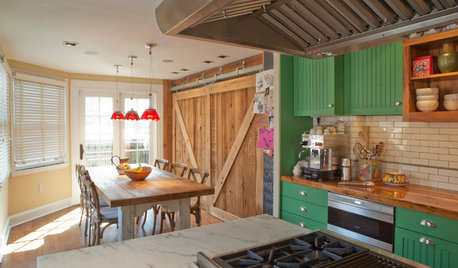
TASTEMAKERSPro Chefs Dish on Kitchens: How Marc Vetri Cooks at Home
Learn an Iron Chef's kitchen preferences on everything from flooring to ceiling lights — and the one element he didn't even think about
Full Story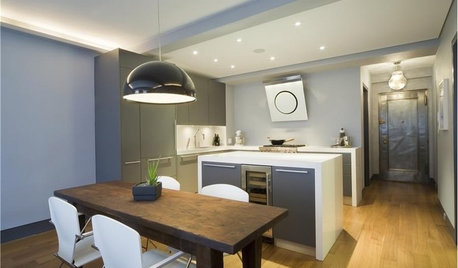
KITCHEN DESIGNHow to Choose the Right Hood Fan for Your Kitchen
Keep your kitchen clean and your home's air fresh by understanding all the options for ventilating via a hood fan
Full Story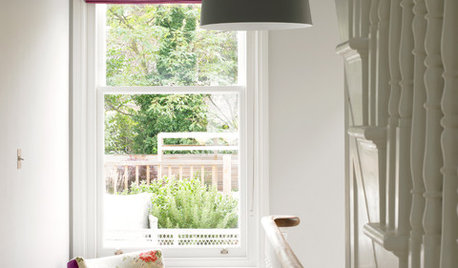
VICTORIAN DESIGNHow to Gently Bring a Victorian Home Into the 21st Century
Bring your Victorian home up-to-date while still celebrating its original details with these stylish but sensitive ideas
Full Story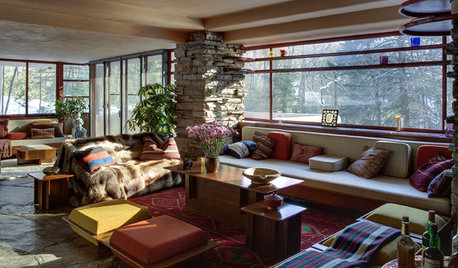
WINDOWSSteel-Framed Windows Leap Forward Into Modern Designs
With a mild-mannered profile but super strength, steel-framed windows are champions of design freedom
Full Story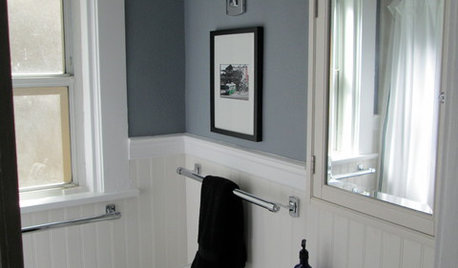
BATHROOM DESIGNMakeover Magic: Period Style for an All-New 1920s Bathroom
Leaky fixtures and water damage got the heave-ho, while the entire bathroom got a crisp new look in line with the home's style
Full Story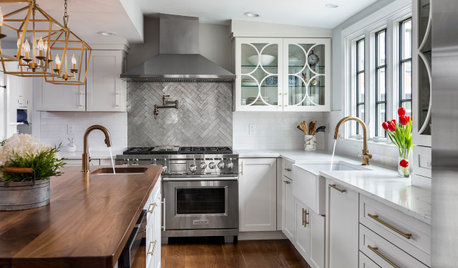
KITCHEN DESIGN8 Ways to Configure Your Kitchen Sink
One sink or two? Single bowl or double? Determine which setup works best for you
Full Story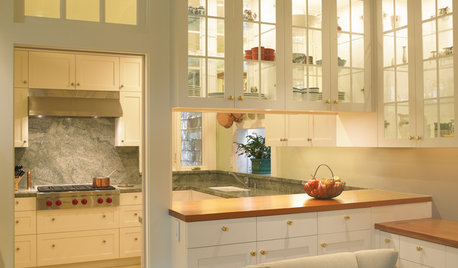
KITCHEN DESIGNHave Your Open Kitchen and Close It Off Too
Get the best of both worlds with a kitchen that can hide or be in plain sight, thanks to doors, curtains and savvy design
Full Story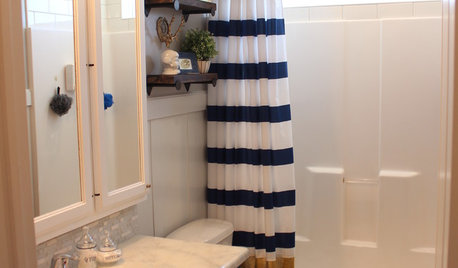
MOST POPULARShe’s Baaack! See a Savvy DIYer’s Dramatic $400 Bathroom Makeover
You’ve already seen her dramatic laundry room makeover. Now check out super budget remodeler Ronda Batchelor’s stunning bathroom update
Full Story






jackfre
ben.fachnerOriginal Author
Related Professionals
Green Valley Solar Energy Systems · Quincy Solar Energy Systems · Rehoboth Solar Energy Systems · Rialto Solar Energy Systems · Jollyville Home Automation & Home Media · Los Angeles Home Automation & Home Media · Massapequa Home Automation & Home Media · Olathe Home Automation & Home Media · San Mateo Home Automation & Home Media · Wheaton Home Automation & Home Media · Evergreen Park Fireplaces · Ogden Fireplaces · Palo Alto Fireplaces · Pine Bluff Fireplaces · Silver Spring Fireplacesfsq4cw
ben.fachnerOriginal Author
fsq4cw